Table of Contents
 INTRODUCTION: BUDDHAS AND BUDDHIST THOUGHTS ON HAPPINESS
INTRODUCTION: BUDDHAS AND BUDDHIST THOUGHTS ON HAPPINESSOne of the epithets of the Buddha was The Happy One (Sugata in Pali). You have probably seen many statues and images of the Buddha looking quite calm, but it might be a somewhat unexpected notion that the Buddha was actually a very happy guy. This book gathers the Buddhas thoughts on something we all sharea wish gathers the Buddhas thoughts on something we all share-a wish to be happy. Since the Buddha lived almost three thousand years ago, this book also includes passages from those who have studied The Happy One as well as from some who have carried on his teachings.
Many spiritual paths focus on attaining happiness through meditation, relaxation, understanding, and awareness. Your spiritual journey begins when you become aware of the suffering that each and every one of us undergoes. This motivates all of us to escape that suffering and find happiness. Achieving freedom from suffering and attaining happiness have always been the ultimate ideal and the working goal of Buddhism and other spiritual philosophies.
The concept of happiness possesses a rich and varied history. Happiness is now an enormously popular topic in books that are offshoots of the branches of philosophy and psychology. Most ancient writings about humans contain in the background a happiness-like concept of well-being and of things working out in a good way. Aristotles and Platos treatments of the topic of happiness are much discussed, for example, but far fewer works address the Buddhas teachings and their direct relation to happiness. The Dalai Lama has brought this to our attention with his books. This new book, 1,325 Buddhist Ways to Be Happy, gathers quotations and passages from the Buddha and his students. Each section incorporates quotes or sayings from Buddhist writings that describe the state of happiness or tell how to obtain it. Taken together, these passages are all about a major themehappinessand the guiding words give them even more depth and value.
Tests that involve brain scans reveal that people who meditate and those who are embarked on a spiritual path tend to be happy, calm, and serene people. Using new scanning techniques, neuroscientists have discovered that certain areas of the brain light up constantly in these people, indicating the presence of both positive emotions and a good mood. This happens at times even when they are not meditating or practicing their spirituality. These areas in the left prefrontal lobes are linked to positive emotions, self-control, and temperament.
The Buddha, who was also referred to as The Happy One, discovered that suffering was not caused by external, traumatic events, but rather by qualities of mind that shape our perceptions and responses to events. Accordingly, the Buddha said that happiness is not to be found in the outer, social world, but in a transformation of mind that generates wisdom, tranquility, and compassion. The more self-centered we become, the less happy we are. Buddhist philosophy focuses on the concepts of no self and karmathe discovery that we are not separate from others and that our actions affect everything and everyone. Learning self-forgetfulness is actually the experience of true happiness. The precepts of Buddhist philosophy, found in 1,325 Buddhist Ways to Be Happy, teach skillful living, which in turn leads to happy states of being.
Even the Dalai Lama tells us that you do not have to change your religion to benefit from the teachings of The Happy One. This book allows readers of any faith, or none, to thoroughly explore the Buddhas ideas and to experience the truth of those ideas for themselves. The Dalai Lamas huge success with his book The Art of Happiness shows how spiritual seekers relate to the theme of appiness. If happiness is the purpose of life, then these sayings of the Buddha and of numerous Buddhist teachers and scholars show readers how to get there. The theme of 1,325 Buddhist Ways to Be Happy crosses boundaries of cultural and belief traditions to help readers along in their journey on the path to happiness.
Being Compassionate
Compassion is the heartfelt wish that all beings could be free from suffering. Compassion and happiness are therefore inextricably linked. How can we be truly happy if we see others suffering? Cultivating a compassionate attitude toward othershelping them when we can, and not being upset when we cannothelps create the positive karma for us to experience happiness, both now and in future lives.

| Wisdom and compassion should dominate our thoughts, words, and actions. | When the heart is open, the sense of separateness diminishes considerably. This is an experience of seeing and knowing others to be not only part of you, but one with you. |
| See the need to calm your heart and your mind, and to find an inner balance. Reside with calm acceptance in the present without trying to fill it with anything. | For compassion to flourish in your heart, you must let go of discriminating between yourself and others, me and them. |
| Sustain an optimistic, positive attitude. | Genuine compassion is based on the recognition that others have the right to happiness just as you do. |
| Compassion, loving-kindness, altruism, and a sense of brotherhood and sisterhood are the keys to human development, not only in the future but in the present as well. DALAI LAMA | With a compassionate state of mind, your actions will always carry a tone of kindness and softness, which is useful in overcoming difficulty with anyone, child or adult. |
| As a Buddhist monk, my concern extends to all members of the human family and, indeed, to all sentient beings who suffer. I believe all suffering is caused by ignorance. People inflict pain on others in the selfish pursuit of their own happiness or satisfaction. DALAI LAMA | Have a sense of gratitude to everything, even difficult emotions, because of their potential in waking you up. |
| Silence is full of potential wisdom. | Awakening compassion and lessening selfishness are more important than any other spiritual practice. |
| Unconditionally accept what each moment has to offer. | Charles Dickens Christmas Carol is a karmic tale. When Scrooge became more charitable and compassionate, he also became happier. |
| Be grateful to everyone. | Assume good intent. |
| Your patience will achieve more than your force. | Actions motivated only by genuine compassion create happiness. |
| When you smile a smile of compassion, you are encouraging your loving- kindness to wake up. You are encouraging yourself to be kind to yourself, because you are a thinking being. | Be spacious, full of loving- kindness, and compassionateyet serene. |
| By changing our way of seeing things, we can reduce our current difficulties and avoid creating new ones. | Patience is motivated by our desire for inward and outward peace and by faith in our ability to accept things as they are. |


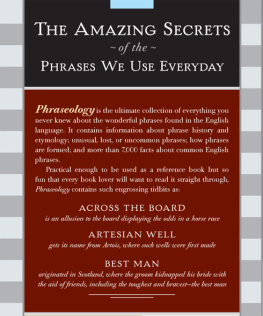
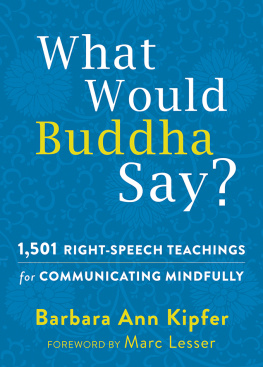
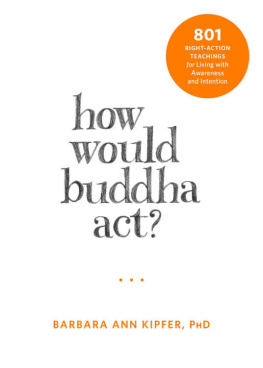
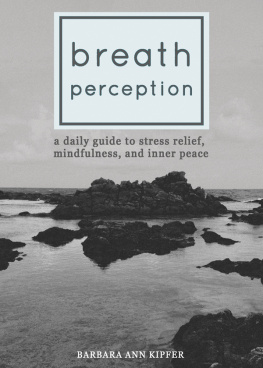

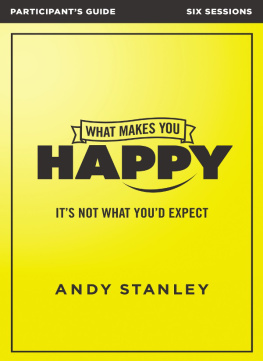

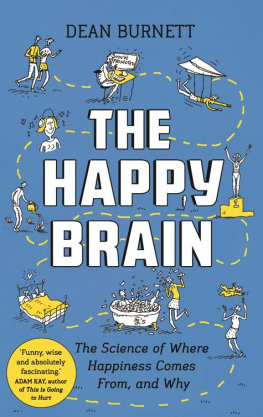
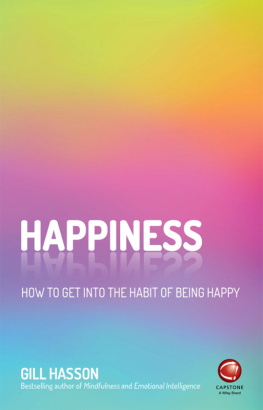
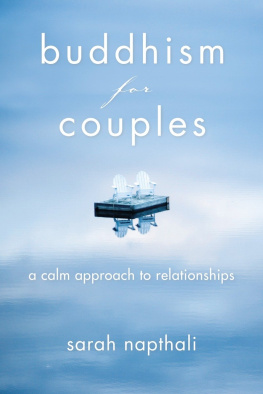
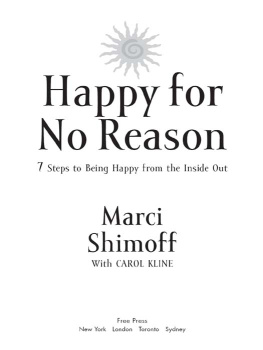

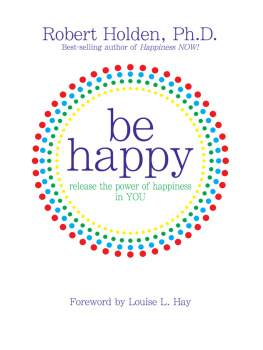
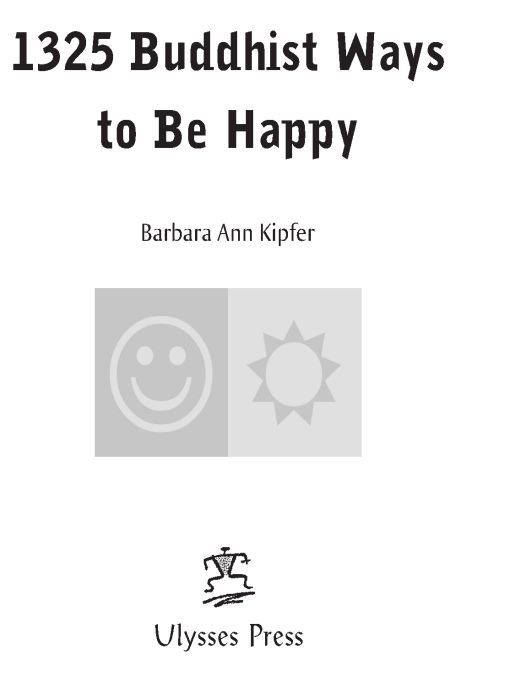
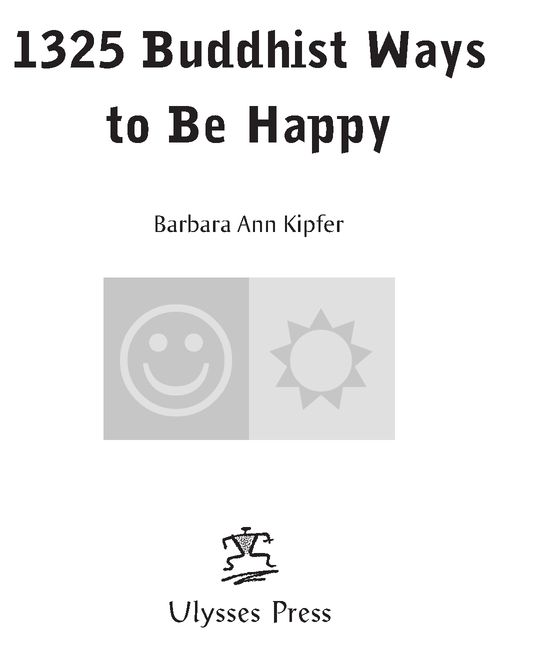
 INTRODUCTION: BUDDHAS AND BUDDHIST THOUGHTS ON HAPPINESS
INTRODUCTION: BUDDHAS AND BUDDHIST THOUGHTS ON HAPPINESS